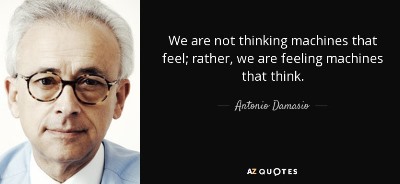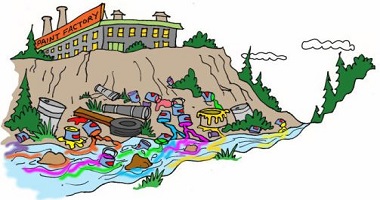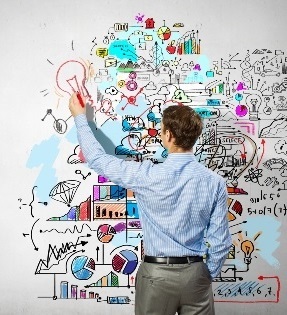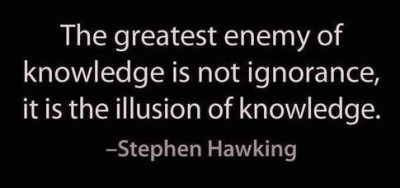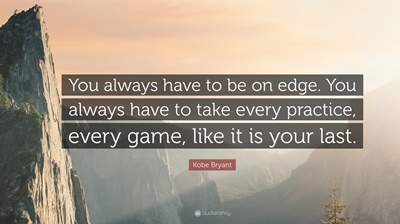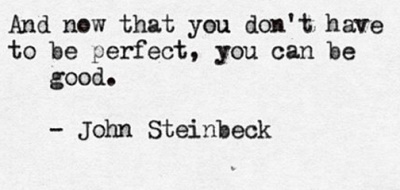‘Team Human’ is a movement created by Douglas Rushkoff through its TED talk ‘How to be Team Human in the digital future‘. I’m definitely on!

It starts from a rather depressing statement about social media: “Does social media really connect people in new, interesting ways? No, social media is about using our data to predict our future behavior. Or when necessary, to influence our future behavior so that we act more in accordance with our statistical profiles. The digital economy — does it like people? No” I am not so extreme in opinion, but it is certain that in part, social media has been designed to be addictive for some purpose.
His concern is that technology moguls now seem to have stopped caring about the people. “It’s funny, I used to be the guy who talked about the digital future for people who hadn’t yet experienced anything digital. And now I feel like I’m the last guy who remembers what life was like before digital technology. It’s not a matter of rejecting the digital or rejecting the technological. It’s a matter of retrieving the values that we’re in danger of leaving behind and then embedding them in the digital infrastructure for the future. “
“Join “Team Human.” Find the others. Together, let’s make the future that we always wanted.”

